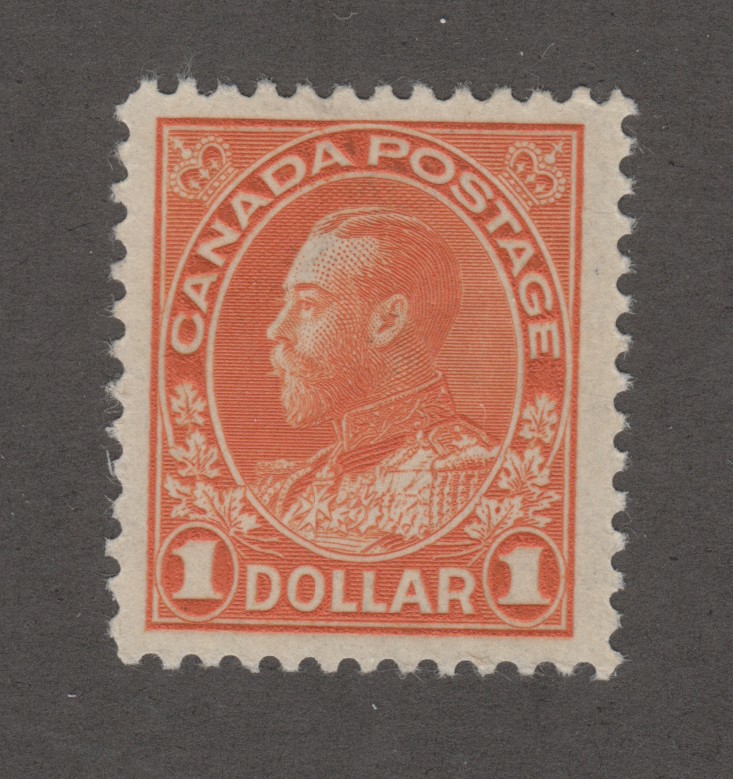
Discussion - Member to Member Sales - Research Center

Discussion - Member to Member Sales - Research Center

The British-American Ambulance Corps were one of a number of American Charitable Organizations that helped Britain during the early years of WWII. By 1941 they were incorporated into one Organization, The British War Relief Society of Fifth Avenue, New York.
As nl1947 states, the label is from a drawing by Arthur Szyk and it has been posted by mdroth on a very appropriate day.......St. George's Day ! Szyk used the classic British Design to modern effect to produce a stunning WWII Patriotic item, using the modern-day soldier as St.George slaying the Nazi dragon.
So we have a Pole, designing a Poster stamp for the USA using a British celebration....and shown to us on a very special day !

Happy St.George's Day to all.

1 Member
likes this post.
Login to Like.
That is one nice Cinderella, Guthrum.
My wife and I lived in Prince George, BC for 28 years before moving to Vancouver to retire. Several years before moving, we attended a concert by Harry Belafonte. He came out onto the stage to a great ovation, and said in that sandpapery voice of his, "Thank you for that great welcome. I'm happy to be here in St. George!" There was, of course, a good deal of laughter, to which he responded, "I take it that I am not in St. George!"
Here are some St. George stamps that I bought recently from Poppe Stamps. I had not realized that there was so much variation in the colour:

And there's a reason that I didn't know about the colour varieties: there are no colour varieties, at least not that striking! When the stamps arrived, they were all exactly like the one on the right. Which goes to show that you just can't trust colours as they appear on your computer, especially if they were scanned at different times, possibly by different scanners with different settings by different people, which is probably the case with these three. I didn't complain, because I paid very little for them. Besides, they serve as a reminder that wysiNNwyg — what you see is NOT NECESSARILY what you get!
Bob

Login to Like
this post
And…
Several years ago I mounted an exhibit at VANPEX titled In a Time of Need — Wartime & Postwar Austerity in Great Britain: 1939 - 1949. It included the following sheets about Canada's wartime "Salute to Britain":



My original exhibit was printed on heavy cream-coloured paper, which made the covers all look godawful. I decided to try this brown paper, purchased at Staples. To me, it seems to fit the subject matter quite well; many wartime covers from Great Britain were made from pulped and re-pulped paper that was not de-inked. Unfortunately, I didn't buy enough to re-do the entire exhibit, and Staples no longer carries the paper.
Bob

Login to Like
this post

A classic wartime Cinderella....but it isn't British !
The British-American Ambulance Corps were one of a number of American Charitable Organizations that helped Britain during the early years of WWII. By 1941 they were incorporated into one Organization, The British War Relief Society of Fifth Avenue, New York.
As nl1947 states, the label is from a drawing by Arthur Szyk and it has been posted by mdroth on a very appropriate day.......St. George's Day ! Szyk used the classic British Design to modern effect to produce a stunning WWII Patriotic item, using the modern-day soldier as St.George slaying the Nazi dragon.
So we have a Pole, designing a Poster stamp for the USA using a British celebration....and shown to us on a very special day ! 
Happy St.George's Day to all.

1 Member
likes this post.
Login to Like.

re: GB cinderella
That is one nice Cinderella, Guthrum.
My wife and I lived in Prince George, BC for 28 years before moving to Vancouver to retire. Several years before moving, we attended a concert by Harry Belafonte. He came out onto the stage to a great ovation, and said in that sandpapery voice of his, "Thank you for that great welcome. I'm happy to be here in St. George!" There was, of course, a good deal of laughter, to which he responded, "I take it that I am not in St. George!"
Here are some St. George stamps that I bought recently from Poppe Stamps. I had not realized that there was so much variation in the colour:

And there's a reason that I didn't know about the colour varieties: there are no colour varieties, at least not that striking! When the stamps arrived, they were all exactly like the one on the right. Which goes to show that you just can't trust colours as they appear on your computer, especially if they were scanned at different times, possibly by different scanners with different settings by different people, which is probably the case with these three. I didn't complain, because I paid very little for them. Besides, they serve as a reminder that wysiNNwyg — what you see is NOT NECESSARILY what you get!
Bob

Login to Like
this post

re: GB cinderella
And…
Several years ago I mounted an exhibit at VANPEX titled In a Time of Need — Wartime & Postwar Austerity in Great Britain: 1939 - 1949. It included the following sheets about Canada's wartime "Salute to Britain":



My original exhibit was printed on heavy cream-coloured paper, which made the covers all look godawful. I decided to try this brown paper, purchased at Staples. To me, it seems to fit the subject matter quite well; many wartime covers from Great Britain were made from pulped and re-pulped paper that was not de-inked. Unfortunately, I didn't buy enough to re-do the entire exhibit, and Staples no longer carries the paper.
Bob

Login to Like
this post

